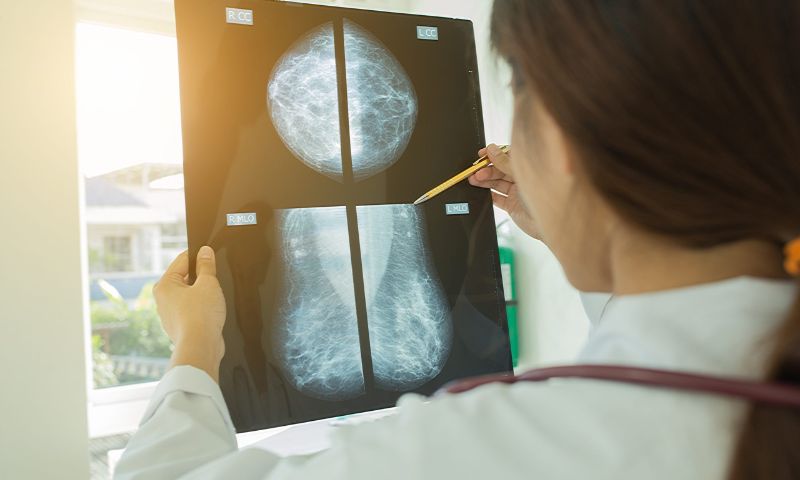NEW YORK: Twelve breast cancer genes identified in women of African ancestry in a large study published recently may one day help better predict their risk for the disease and highlight potential risk differences from women of European descent.
Traditionally, research to pinpoint genetic mutations associated with breast cancer has primarily focused on women of European ancestry. However, this new study draws from a diverse cohort of over 40,000 women of African descent, spanning the United States, Africa, and Barbados, including 18,034 individuals diagnosed with breast cancer.
The findings, published in Nature Genetics, reveal mutations previously unassociated with breast cancer or not as strongly linked as observed in this analysis, suggesting possible differences in genetic risk factors between females of African and European ancestry, according to the researchers.
One newly discovered mutation exhibited an exceptionally robust association with the disease, exceeding typical findings in cancer genetics, the researchers highlighted. Additionally, certain genes recognized for increasing breast cancer risk in white women did not show an association with the disease in this study.
The disparities in breast cancer incidence and mortality rates between Black and white women in the United States are well-documented by the American Cancer Society. Black women experience higher rates of breast cancer before age 50, a greater incidence of aggressive breast cancers, and a significantly elevated breast cancer death rate compared to white women.
Incorporating the newly identified genes alongside established breast cancer genes like BRCA1 and BRCA2, the researchers devised a breast cancer risk score tailored for women of African ancestry, demonstrating significantly enhanced accuracy compared to existing assessment tools.
Six of the identified genes were linked with an increased risk of triple-negative breast cancer, the most aggressive form of the disease, which Black women are disproportionately affected by. Individuals carrying all six genes were over four times more likely to develop triple-negative breast cancer compared to those with fewer variants, as per the study findings.
However, the utility of these new variants requires further evaluation before their routine inclusion in testing protocols, cautioned Dr. Wei Zheng of Vanderbilt University Medical Center in Nashville, who led the study.
Yet, Black women in the U.S. are less likely than their white counterparts to undergo such testing, primarily due to differences in healthcare access and physician recommendations, the society observes.
New breast cancer genes found in women of African ancestry, may improve risk assessment https://t.co/R66v665Ij8 pic.twitter.com/BsAHPikFi8
— CNA (@ChannelNewsAsia) May 13, 2024























